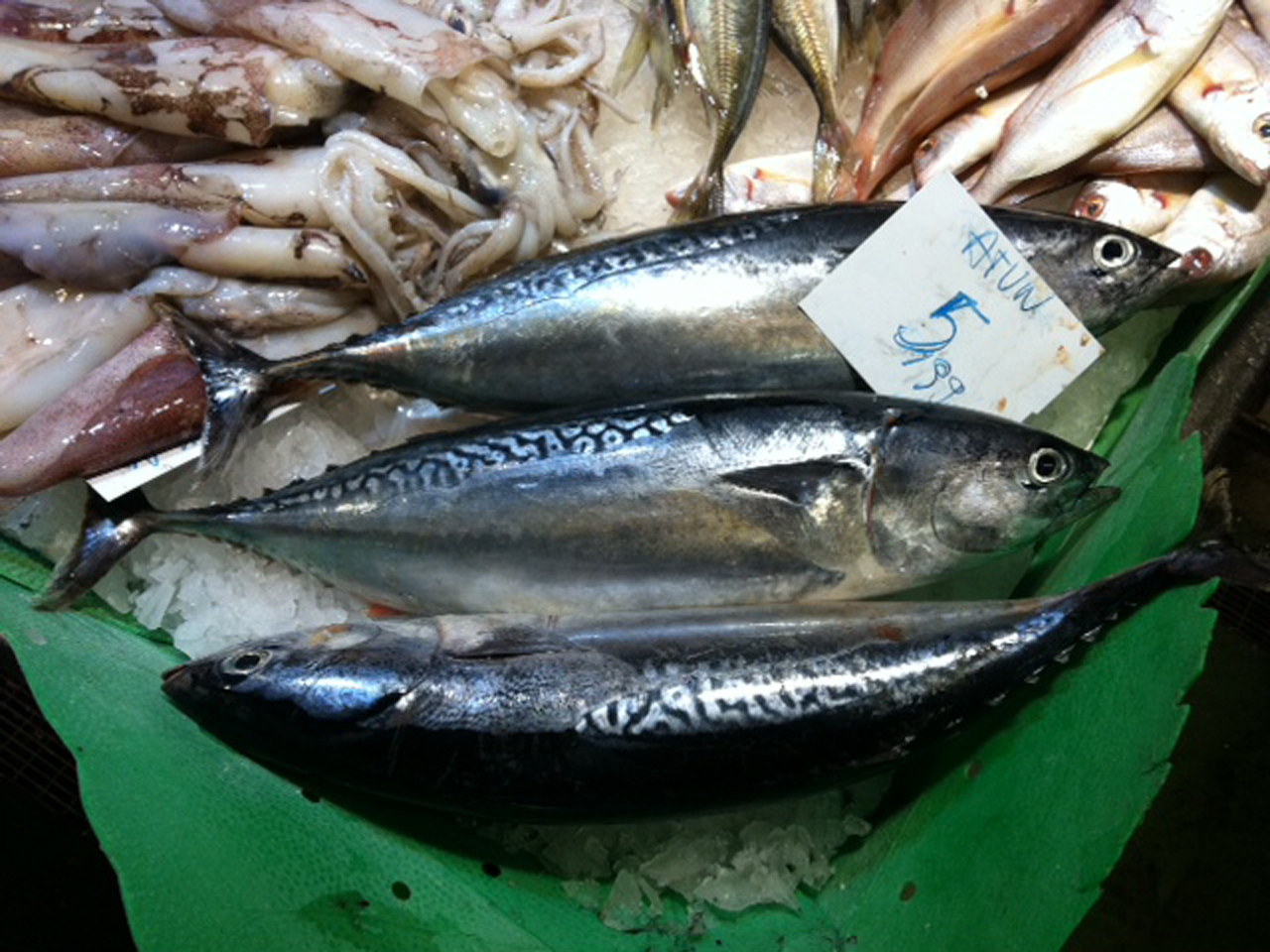Omega-3 fatty acids in Shrimp, Fish, and Other Seafoods Lowers Risk of Pancreatic Cancer

Summary: A recent study in the International Journal of Cancer shows that regular consumption of foods high in omega-3 fatty acids, such as seafood, may reduce the risk for pancreatic cancer. The researchers compared the dietary habits of a large group of people who had pancreatic cancer to those who did not—a type of study called a case-control. They found that those who had the highest dietary intake of omega 3s, as well as supplemental vitamin C and E, were less likely to develop the disease. Omega 3 fatty acids are known to have a number of cardiovascular health benefits, and this study shows that chemoprevention may be another.
Pancreatic cancer is the fourth leading cause of cancer deaths in the U.S. and has one of the highest mortality rates of all cancers, with a five-year survival rate of less than 5%. Presently, smoking is the only modifiable risk factor known to be associated with the development of pancreatic cancer. Recently, however, some dietary factors, such as high intake of antioxidants and lower consumption of fat, are being look at closely as possible ways to lower pancreatic cancer risk.
A recent study conducted by researchers at the University of California, San Francisco and Stanford University has found that increased intake of vitamin C and E and omega-3 fatty acids may be associated with a reduced risk of pancreatic cancer. Researchers conducted a case-control study involving 532 people diagnosed with pancreatic adenocarcinoma in the San Francisco Bay area between 1995-1999, and compared their dietary habits to 1,701 people who did not develop the disease. In a case-control study, people with a certain disease, such as pancreatic cancer, were matched for age, sex, etc., to people without the disease. Researchers then gather information about medical history, diet and other factors to look for patterns.
The study results showed that consumption of omega-3 fatty acids of the type found in fish and other seafood, called long-chain omega-3s, was associated with a decreased risk of pancreatic cancer. The risk reduction was limited to people who consumed at least 0.85 grams per day. There is experimental evidence that long-chain omega-3s can inhibit pancreatic carcinogenesis and tumor angiogenesis. Supplemental vitamin C or vitamin E was also associated with a reduced risk of pancreatic cancer—a 30% risk reduction for those with the highest intake.
By Roderick Smith, M.S.
References
Gong Z, et al. Int J Cancer 2010;127:1893-1904.
Related Angio Foods
Show 3 more foods
Related Recipes
-

Creamy Carrot Soup with Shrimp, Ginger, and Edamame
-

Panko Popcorn Shrimp with Lemon Teriyaki Glaze
-

Shrimp Bouillabaisse
-
Spicy Shrimp and Avocado Salad
-

Tofu and Bok-choy Two Ways
-
Sweet Potato and Shrimp Fritters in Lettuce Wrap
-
Sweet and Spicy Chinese-style Shrimp with Ginger and Scallions
-

Tofu Balls on Mustard Greens with and without Crab Gravy
-
Tofu with Shrimp
-

Quinoa Salad with Red Curry Langoustine
-

Spaghetti Squash with Basil-Parsley Pesto and Sauteed Shrimp
-

Poached Halibut with Sweet Garlic, Parsley, and Lemon
Show 8 more recipes













Discussion
Lokemun Magar on May 30, 2012 - 5:59 pm
Has there been any similar studies done on the consumption of salmon, and how it is consumed - raw, baked, smoked etc?
(4 Others Like This) | Like |
Diana Pappas on December 21, 2011 - 7:08 pm
This is the peerfct way to break down this information.
(3 Others Like This) | Like |